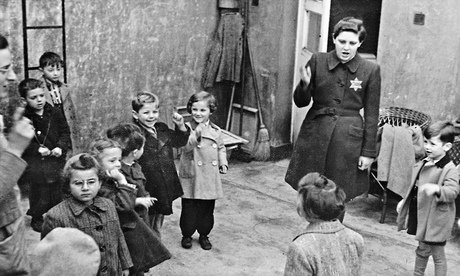Musicians often cite playing music as something that has saved their life. Fall Out Boy's Pete Wentz, who has struggled with his bipolar disorder his entire life, attempted suicide in February 2005. He wrote a song ("7 Minutes in Heaven (Atavan Halen)") about the suicide as a way of coping, and being able to express himself and his feelings through music was extremely helpful in his recovery. In this case, music quite literally saved Wentz's life by helping him through recovery and helping him deal with his depression and bipolar disorder.
On a less extreme level, music also has the ability to relieve stress. For Wissahickon's own Andrew Ge, playing cello at his Philadelphia Youth Orchestra concerts is a "positive experience" and can often be very calming. Additionally, even simply listening to music can decrease stress. In fact, as I work to finish this TOW before it's due, I am listening to music ("Skulls" by Bastille, on repeat) as a way to calm my nerves and make sure I don't produce sloppy, rushed work. Too much stress is unhealthy (both physically and mentally), so by listening to or playing music, people can have healthier and happier lives.
Music's amazing life-improving or even life-saving powers are found in many situations, from helping famous musicians cope with mental disorders to calming down an AP English student as she writes her penultimate Text of the Week, and everything in between. As Alice Sommer said in The Lady in Number 6, music can be "the only thing which helps [people] to have hope ... a sort of religion, actually. Music is God." Music is extremely powerful and important to many people, and its abilities to help and even save lives should never be underestimated.
Music Saved My Life:
Even while she was in a concentration camp, Alice Sommer was able to remain happy by playing her piano.

No comments:
Post a Comment